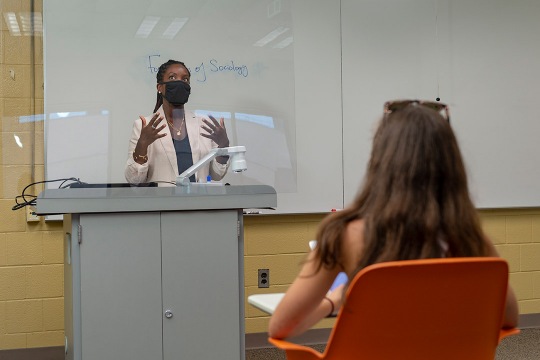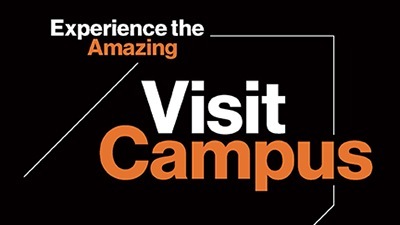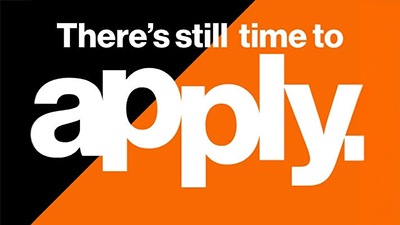
Jill Burress
Senior Lecturer, ASL and Interpreting Education
Department of ASL and Interpreting Education
National Technical Institute for the Deaf
Interpreting Program Director
Office Location
Jill Burress
Senior Lecturer, ASL and Interpreting Education
Department of ASL and Interpreting Education
National Technical Institute for the Deaf
Interpreting Program Director
Currently Teaching
INTP-350
Practicum and Seminar I
3 Credits
This course combines an introductory practicum experience in the field of ASL-English interpretation with a seminar component to allow senior-level students to engage in reflective practice as they transition into the interpreting profession. Students will undertake field experiences that provide them with firsthand knowledge and familiarity with current topics that impact professional sign language interpreters and the Deaf community. Practicum will also give students the opportunity to gain firsthand experience under the immediate supervision of a professional interpreter, who functions as each student’s mentor. The practicum experience will involve activities such as observing a mentor and other interpreters at work; interpreting under the supervision of a mentor; and weekly meetings with a mentor to discuss the practicum experience and to receive professional feedback. Building upon students’ practicum experiences, students will use the constructs of Demand Control Schema to guide their seminar discussions. Students will meet together weekly with their classmates to share observations and experiences gained from the practicum placement. Seminar topics derived from students' field experience will focus on language issues in interpretation, ethical decision making, application of the Code of Professional Conduct, making interpretation choices, and implementing successful business practices as a professional interpreter. Students must complete a minimum of 100 hours of field experience and related activities.
INTP-456
Seminar II
2 Credits
This course is a culminating seminar experience in which students will engage in reflective practice as they transition into the interpreting profession. Building upon students’ practicum experiences, this course provides an opportunity to discuss current topics and issues that impact professional sign language interpreters and the Deaf community. Using the constructs of Demand Control Schema to guide discussions, students will meet together weekly to share observations and experiences gained from the practicum placement. Class topics derived from students' field experience will focus on language issues in interpretation, ethical decision making, application of the Code of Professional Conduct, making interpretation choices, and implementing successful business practices as a professional interpreter. Students will maintain an electronic portfolio showcasing their knowledge and skills learned from the interpreting program.
NCOM-371
Introduction to Cued American English
3 Credits
This course is an introduction to the Cued Speech system of representing spoken American English, its history, and application. Students will increase their awareness of spoken English and the pronunciation of words in conversation. They will also understand and describe the purpose of Cued Speech, as well as identify other populations and uses for Cued Speech. Students will understand the language learning benefits of Cued Speech. Upon completion of the course students will be able to accurately use Cued Speech to convey spoken American English. Students will receive credit for INTP-371 or NCOM-371, not both.
NCOM-475
Advanced Cued American English
3 Credits
This course builds upon the foundations of the Cued Speech System. Cued Speech is a phonemically based system that uses hand shapes and mouth movements to represent spoken language, in this case spoken American English. In this course, students will practice transliterating from spoken American English to cued spoken American English in order to increase speed and fluency while maintaining accuracy of the Cued Speech system. Students will also boost receptive abilities by watching online videos of deaf native users of Cued American English. This class will prepare the students for transliterating in the classroom. They will also deepen their understanding of the research and methodology behind the applications of Cued Speech via reading research articles and presenting their findings to the class. Various transliterators will visit the class to discuss their experiences with Cued Speech while explaining the process of achieving certification at the national level.
In the News
-
August 10, 2020

RIT faculty look ahead to classroom instruction this fall
COVID-19 has challenged the university to consider an even more creative academic portfolio with blended, online, split A/B, and flex class options. To prepare for in-person instruction, RIT has upgraded academic buildings and classrooms. And physical distancing and face coverings, required of faculty and students in classrooms, together provide some of the greatest protection against the spread of COVID-19.




